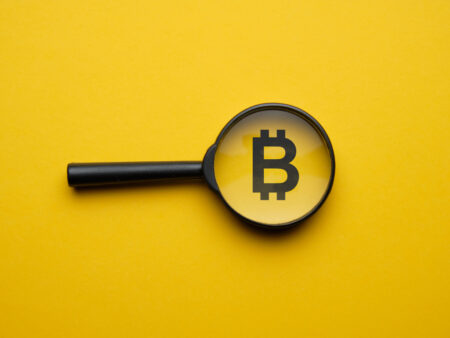In a recent move to combat terrorism funding, the U.S. Office of Foreign Assets Control (OFAC) has designated the Nordic Resistance Movement as a Specifically Designated Global Terrorist (SDGT) group. This decisive action was announced on June 14, 2024, and extends to three individuals associated with the organization: Leif Robert Eklund, Par Oberg, and Tor Fredrik Vejdeland, the latter being the group’s leader since March 2024.
The Nordic Resistance Movement, founded in Sweden in 1997, has been at the forefront of pushing for a unified Nordic ethnostate. It is known for having a white supremacist and anti-Semitic ideology. Notably, the movement’s extremism led Finland to prohibit the group in 2020 due to its actions being significantly contrary to Finnish law.
The sanctioned group has been in the spotlight for utilizing various cryptocurrencies to fund its operations, a practice that dates back to 2015. They have been accepting donations in an array of digital currencies, including Bitcoin (BTC), Ethereum (ETH), Litecoin (LTC), Tether (USDT), Cosmos (ATOM), Monero (XMR), and Cardano (ADA), amongst others. Initially holding approximately $92,000 in Bitcoin, the group’s funds more than doubled over time. Later, these funds were transferred to different cryptocurrency exchanges, suggesting an intention to liquidate them for cash.
This development underscores OFAC’s resolution to obstruct the financial pipelines that support terrorist activities, especially those leveraging cryptocurrencies. Following the sanctions, evidence emerged that the Nordic Resistance Movement’s Denmark branch had removed cryptocurrency addresses from specific web pages. Additionally, blockchain analytics firm Chainalysis has taken measures to identify and categorize the related addresses linked to the newly sanctioned entities within its product suite.
The action by OFAC reflects the broader effort of the U.S. government to safeguard its citizens from the threat of terrorist-financed activities, especially in the evolving domain of cryptocurrencies. It sends a clear message to all extremist groups that the anonymity previously afforded by cryptocurrencies will not be tolerated as a means to evade international law and fund illicit activities.
The wider implications of these sanctions will likely ripple through the cryptocurrency community, reaffirming the need for rigorous compliance and due diligence processes. It is a step forward in the ongoing campaign to ensure the integrity of the financial system, both traditional and digital, and to thwart the nefarious use of emerging technologies for harmful ends.










